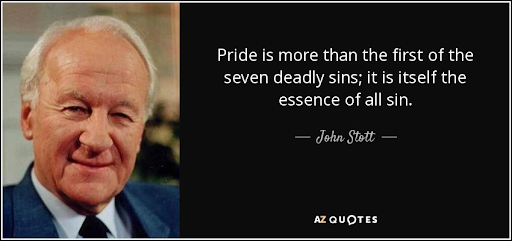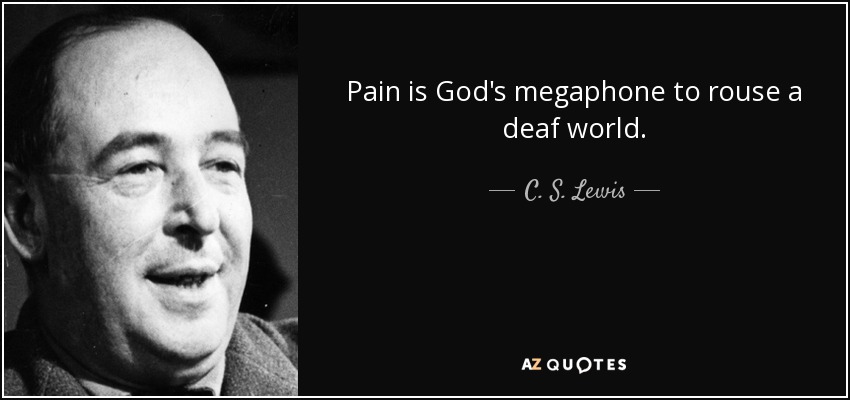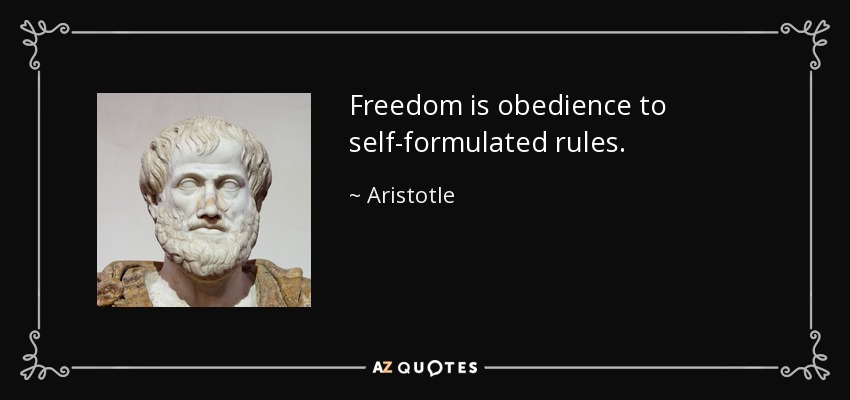"God-fearing souls who are inclined to scruples think that every wicked thought that enters their mind is a sin. But it is not the wicked thoughts in themselves that are sins, but the yielding or consenting to them. Wickedness consists in the perverse will that deliberately yields to sin with a complete knowledge of its wickedness with full consent. St. Augustine teaches that when the consent of the will is absent, there is no sin. However much we may be tormented by temptations, the rebellion of the senses, or the inordinate motions of the interior part of the soul, as long as there is no consent, there is no sin. If a person who fears God and hates sin doubts whether or not he has consented to an evil thought or not, he is not bound to confess it, because it is morally certain that he has not given consent. But some may think that evil thoughts and desires, though consented to, are not sins provided they are not followed by sinful actions. This is worse. What we will not do, we will not desire. Therefore an evil thought or desire to which we consent comprises in itself all the wickedness of an evil deed."—St. Alphonsus Liguori.













































